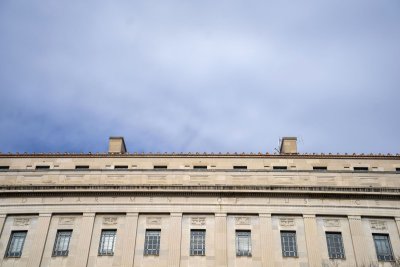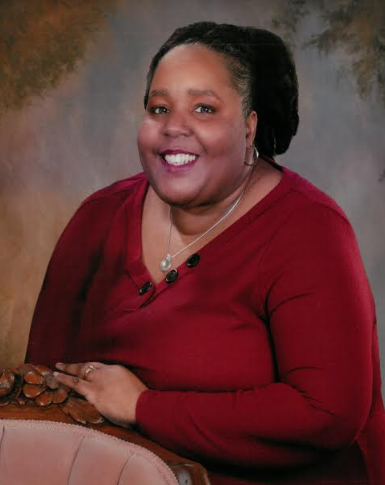UPDATE: A federal court has just ruled that Bill Essayli has been unlawfully serving as the acting U.S. attorney for the Central District of California since late July. The decisive ruling was issued on October 29, 2023, by Judge J. Michael Seabright of the Federal District Court in Hawaii, declaring that Essayli’s appointment violates federal law.
The court stated that Essayli, appointed by former President Donald Trump, “is not lawfully serving as Acting United States Attorney for the Central District of California.” While the ruling disqualifies him from the acting role, Essayli can continue as the first assistant United States attorney, leading to some confusion about the immediate impact on his duties.
In his response, Essayli asserted, “For those who didn’t read the entire order, nothing is changing. I continue serving as the top federal prosecutor in the Central District of California.” However, this ruling significantly undermines the legal foundation of his position, marking a critical development in ongoing debates over federal appointments.
The ruling arose from motions filed by three defendants aiming to dismiss indictments against them and to challenge Essayli’s authority as acting U.S. attorney. Judge Seabright emphasized that Essayli unlawfully assumed his current role in violation of the Federal Vacancies Reform Act, which governs how long appointees can serve without Senate confirmation. He stated, “Simply stated: Essayli unlawfully assumed the role of Acting United States Attorney for the Central District of California. He has been unlawfully serving in that capacity since his resignation from the interim role on July 29, 2025.”
Despite the ruling against Essayli, the court denied the defendants’ requests to dismiss their indictments, affirming that “the prosecutions remain valid.” This decision continues a troubling trend for the Trump administration, which has faced several legal challenges regarding the appointment of high-ranking officials without necessary congressional approval.
In a similar case, a federal judge ruled in August that Alina Habba, a former personal lawyer for Trump, was unlawfully serving as acting U.S. Attorney for New Jersey after her interim term expired. Another ruling last month confirmed that Sigal Chattah had also been unlawfully serving as Acting U.S. Attorney for the District of Nevada. Both cases are currently under appeal.
This latest ruling raises important questions about the legitimacy of appointments made without Senate oversight and reinforces the need for adherence to established legal frameworks in federal appointments. As the legal landscape continues to shift, observers will be watching closely for further developments in this case and its implications on ongoing prosecutions.
Stay tuned for updates on this evolving story and its potential repercussions across the legal system.







